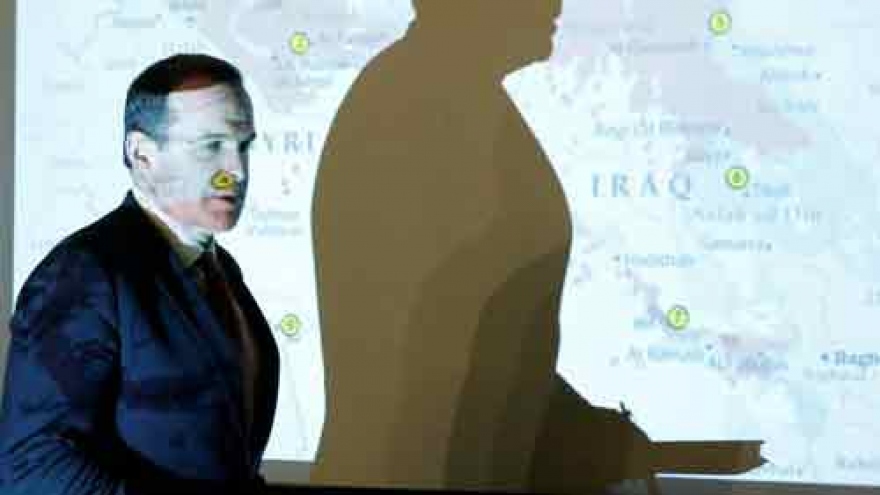US, Russia stalemate on Syria frustrates European powers
The Obama administration's failure to convince Moscow that Syrian President Bashar al-Assad must go is fueling European frustration at being sidelined in efforts to end the country's five-year civil war, diplomats say.
 |
"Many have consistently underestimated Russia's determination to prevent this regime from falling," said Philip Gordon, a former National Security Council aide to US President Barack Obama. "They've been pretty clear that they're not prepared to let this happen."
Ahead of a meeting on May 17 of the 17-nation group backing Syria peace talks in Vienna, a senior UN diplomat, speaking on condition of anonymity, said that Europeans "tend to be pretty skeptical about the US-Russia bilateralism."
He said there were creative ways to provide for a transition away from Assad to give Syrian opposition groups a reason to stop fighting and start negotiating.
"But we haven't got anywhere near having that discussion with the Syrians themselves because the US and Russia have been trying to bridge the gap, and they haven't been able to do so," said the diplomat. "So that's why we have got to come back and multilateralize this."
While some acknowledge that US-Russian cooperation has delivered a patchwork of partial ceasefires and UN Security Council resolutions, the divide over Assad has proven too big to bridge and stalled UN-led efforts to negotiate peace agreement.
As a result, prospects remain bleak for an early end to a conflict that began in 2011 and now has claimed more than 250,000 lives.
One of the main problems, diplomats say, is the U.S. administration's inability - or unwillingness - to confront an increasingly aggressive Russia.
Some have suggested Washington lost whatever leverage on Moscow it might have had by failing to follow through on Obama's 2013 threat to punish Syria for its alleged use of chemical weapons.
Some Syrian opposition representatives, Arab and U.N. officials have complained that the United States often has put more pressure on the rebels to compromise instead of pushing Russia to sway the Syrian government.
Saudi Arabia's Foreign Minister Adel al-Jubeir signaled that Riyadh is not pinning its hopes on the United States convincing Russia to remove Assad and suggested a push to make sure opposition fighters were better armed might be needed.



